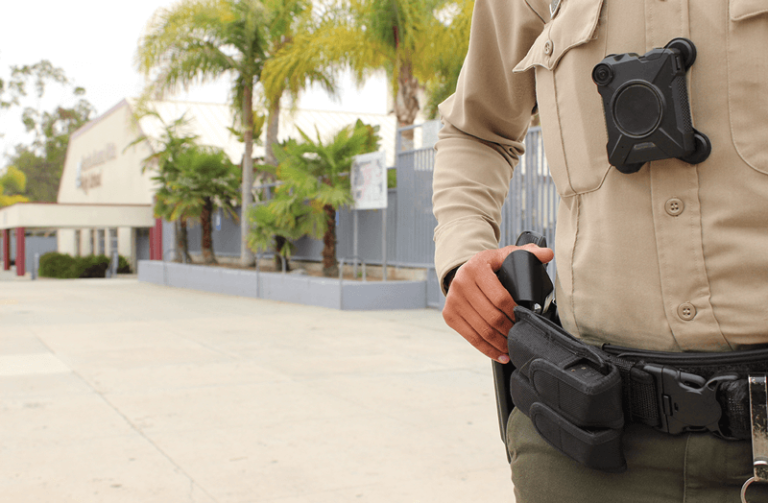- +(317) 285-0785
- info@covertalert.ai
- Mon - Fri: 9:00 - 5:00
Back to School Safety Tips
For Your Children Leaving Home For The First Time

August is back to school time where an estimated 2.2 million young adults will be leaving home for the first time to attend colleges and universities across the nation as incoming freshmen. Enrollment at colleges and universities this fall is expected to be around 20 million students. Sending your child off to college for the first time is one of the most anxiety-filled things a parent will face.
Safety is always reported as a major priority for most colleges and universities, but those institutions cannot do everything for everyone. There are many actions you and your son or daughter should take to help ease your anxiety and to help your new college student protect themselves. Below are our recommendations that all of you should review prior to leaving for this new venture in life.
1. Review the Jeanne Clery Act and Campus Crime
The Jeanne Clery Act requires all colleges and universities receiving federal funding prepare and disseminate an annual security report publicly to students by October 1 of each year. The Clery Center states the report must contain statistics on campus crime for the last 3 years, including the actions the institution is taking to improve upon the safety of its students and staff. Not only are colleges and universities required to publish this data about on-campus crimes, but the data must include crimes committed on public property within campus boundaries, public property adjacent to the campus, and non-campus property used for educational purposes where students attend whether owned by the college or university or not.
There are 4 specific categories of crime data that is to be compiled and published as follows: Criminal Offenses, Hate Crimes, Crimes relating to the Violence Against Women Act, and Disciplinary Actions creating arrest or referrals relating to drug abuse violations, liquor law violations, and weapons violations. Parents and students should review the latest report before leaving for the college or university, but also should review the institution’s report prior to applying.

2. Become Familiar with the Campus Safety Office
Every college or university has a campus safety or campus security office. The tuition you pay is partially funding that office. Make a visit to the office to learn more about the office itself including office hours, phone numbers, campus escort services, safety maps and safe routes, emergency facilities, and additional recommendations provided by those officers if the student encounters an emergency.
3. Adopt the Buddy System and Avoid as best as possible Risky Behavior and Risky Situations:
It is important the parents and students communicate with each other about “safe behavior”. It is not always an easy subject to talk about but, colleges and universities cannot make everyone 100% safe and the student needs to be aware of certain things he or she might do that increases the risk of victimization. The following list is self-explanatory, and although common sense in many cases, needs to be discussed up front:
-
-
- Avoid Drugs and/or Alcohol. Although this is easier said than done, it is important to have the conversation. If he or she does go out to parties, instill they go with trusted friends in a buddy system where someone is watching out for them. Going it alone only adds to the inherent risk of becoming a victim.
- Do Not Walk Alone at Night. Always be Aware of your Surroundings.
- Always Lock Doors and Windows and if possible, Lock Up Your Valuables.
- Maintain Privacy on Social Media. Advertising everything you do and everywhere you go just increases your chances of being victimized. Avoid Risky Sexual Behavior.
- Students Stay in Touch with your Parents, and Parents Stay in Touch with your Student.
-


4. Download, Sign-in, and Test Covert Alert Today.
Every student carries a smart phone with them today. Whether he or she has an iPhone or an Android, Covert Alert should be on that phone as an additional security measure. Covert Alert is the first hands free voice activated safety app on the market. Since 2015 new upgrades have been added on a regular basis in providing instantaneous notification of emergency situations. You do not always have the use of your hands and many times you need to be covert when alerting individuals for help. New advancements are being introduced everyday that reduce response time minutes into seconds. The app is free to download and provides 50 free text messages and 15 free minutes of recording time. The GPS mapping system is in real time. Recordings are stored on the device and on the users own personal cloud. Users may visit www.covertalert.com and sign into their user portal to add any additional information they desire their contacts to know and they may retrieve their recordings from the user portal if it has been deleted from their phone. Trying to push buttons on a phone in an emergency may create additional risk and alert the perp as to your actions. Take 10 minutes before you head off to college, download it, sign into it, set it up completely, and then test it.
Sending the child off into the world alone without the safety net you have provided for the first 18 years of their life makes every parent very anxious. The freshman student sees a whole new exhilarating future ahead of them and leaving for their college or university of choice opens the door for the next adventure in life. Sadly, it is the end of one chapter, but the beginning of a new and exciting chapter. Let’s all do our part to keep each chapter Safe!
Why Covert Alert?
April 7, 2019
Do You Remember These?
October 17, 2019
Personal Safety Steps – For Everyone!
June 12, 2019
Student Perspective on Safety
November 7, 2019




